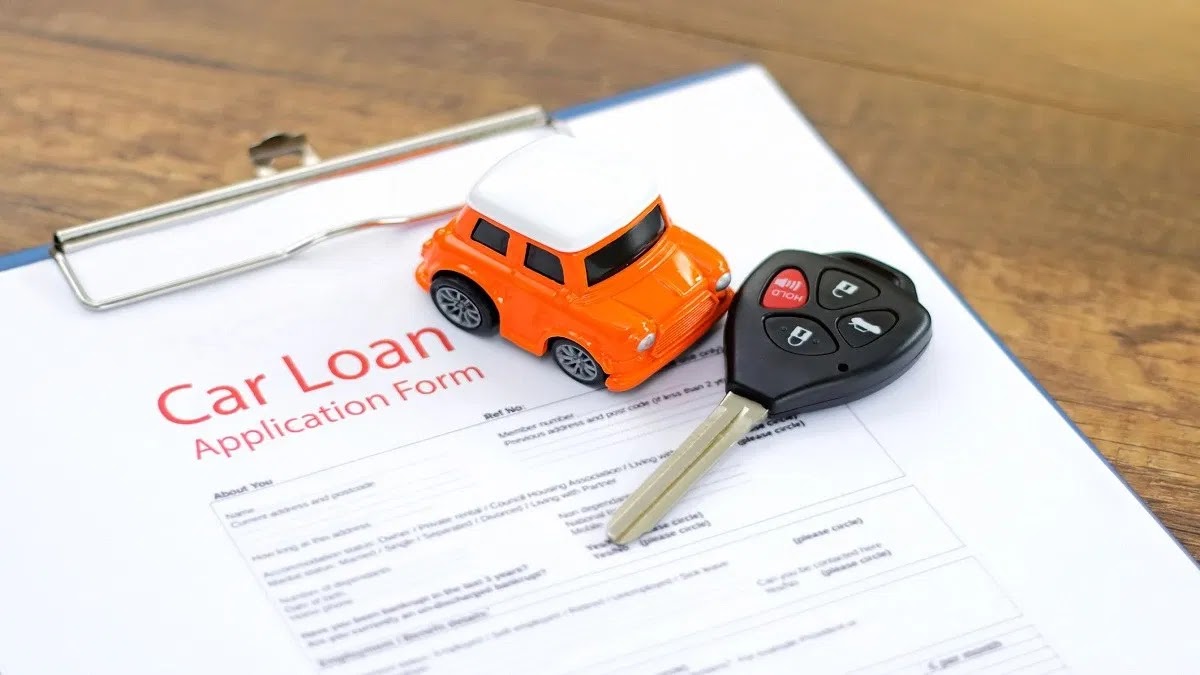Applying for a car loan? There’s one thing you need to understand thoroughly before you start – the role and significance of your Cibil Score. Also known as a credit score, this three-digit number is an overall assessment of your financial health and plays a critical role in the approval of your loan application.
What is a Cibil Score?
The TransUnion CIBIL Ltd, formerly Credit Information Bureau India Ltd, provides a Cibil or credit score based on your credit history. This score ranges between 300 and 900 and is a numerical summary of your creditworthiness. The higher the score, the better your chances of getting a quicker approval on your car loan application.
Having an understanding of cibil score for car loan is essential, as most financial institutions and lenders use this as a selection criterion to determine who qualifies for a loan, at what interest rate, and what credit limits.
Significance of Cibil Score for Car Loan Applications
1. Interest Rates Determination
Although different financial institutions have their criteria when it comes to lending, a higher cibil score often translates to lower interest rates. Lenders perceive individuals with high credit scores as low-risk borrowers. Therefore, they are more likely to offer car loans at competitive interest rates to them.
2. Loan Approval
Your Cibil score for car loan application plays a pivotal role in the loan approval process. Lenders need to be sure that you’ll be able to repay the loan within the stipulated time. Using the Bajaj Finserv App, you can easily check and manage your Cibil score to ensure it meets the requirements. If you have a high Cibil score, then they gain this confidence, which facilitates quicker loan approval. On the other hand, a low score increases the chances of your application getting rejected.
3. Credit Limit
Financial institutions review your Cibil score before deciding on the loan amount they can offer you. A higher score implies that you are more responsible with your credit, hence can manage a substantial loan amount effectively. Therefore, the higher your Cibil score, the higher the car loan amount you can receive.
Improving Your Cibil Score for Car Loan Application
Given the crucial role the Cibil score for car loan applications plays, it is imperative to maintain a high score or improve it if it is below average. Here are a few tips:
a) Regularly check your credit report: Regularly monitoring your credit report can help identify any errors or discrepancies that could negatively impact your Cibil score.
b) Pay your bills on time: Late payment or defaulting on your credit card bills and loan EMI payments can hamper your Cibil score. Ensure you clear all bills on time consistently.
c) Maintain a healthy credit mix: A good balance of secured (like home loan, car loan) and unsecured loans (like personal loan, credit cards) can build a healthy credit portfolio, boosting your score.
d) Avoid multiple loan enquiries: Each time a lender pulls out your credit report, it’s recorded as a hard enquiry in your credit report. Multiple hard enquiries can negatively impact your credit score.
e) Limit your credit usage: It’s advisable to not use more than 30% of your available credit limit regularly, as excessive credit usage can bring down your credit score.
Conclusion
Understanding the significance of Cibil score for car loan applications can indeed make the process smoother and more straightforward. A strong credit score signifies financial responsibility and reliability, which lenders appreciate.
Maintaining a high Cibil score opens up a world of possibilities for you in terms of getting the best and most competitive car loan deals. It takes time to build a solid credit history, so start today if you plan on applying for a car loan in the future. A strong credit footprint will not only help you get a car loan easily but also support you in getting other forms of credit when needed, thus making a life of financial peace and stability.
FAQs
1. What is a Cibil Score?
Your creditworthiness is represented by a three-digit Cibil Score, which ranges from 300 to 900. It is determined by your financial habits and credit history.
2. Why is a Cibil Score important for car loan applications?
Your credit risk is evaluated by lenders using your Cibil score. While a lower score could result in loan rejection or higher interest rates, a higher score enhances the likelihood of loan acceptance, cheaper interest rates, and favorable loan terms.
3. How does a high Cibil score affect the interest rates on car loans?
Lenders are more likely to offer competitive interest rates on car loans when a borrower has a high Cibil score since it signals minimal credit risk. The overall cost of the loan can be considerably decreased with lower interest rates.
4. Can a low Cibil score affect my car loan approval?
Yes, as lenders may view you as a high-risk borrower, a low Cibil score can result in the denial of your application for a car loan. It may also lead to less advantageous loan terms and increased interest rates.
5. How is the loan amount determined by the Cibil score?
Lenders review your Cibil score to decide the loan amount they can offer. A higher score usually means you can be trusted with a larger loan amount, as it reflects responsible credit behavior.
6. What steps can I take to improve my Cibil score for a car loan application?
- Regularly check your credit report for errors.
- Pay all bills and EMIs on time.
- Maintain a healthy mix of secured and unsecured loans.
- Avoid multiple loan inquiries.
- Limit your credit usage to not exceed 30% of your available credit limit.
7. How often should I check my Cibil score?
Checking your Cibil score is advised at least once a year, and more regularly if you intend to apply for a loan shortly. Frequent reviews assist you in spotting and resolving any disparities quickly.
8. What are the consequences of multiple loan inquiries on my Cibil score?
A significant number of loan inquiries in a short period of time may suggest a higher risk to lenders, which could result in multiple hard inquiries on your credit report and lower your Cibil score.





